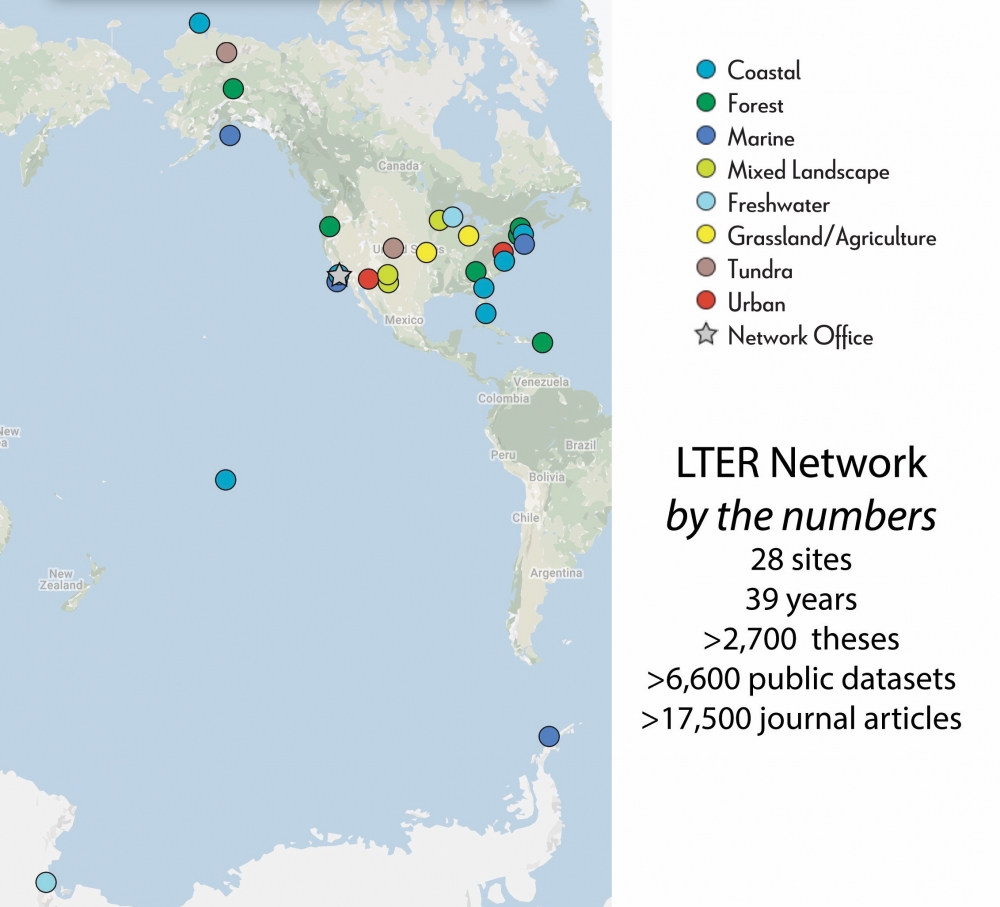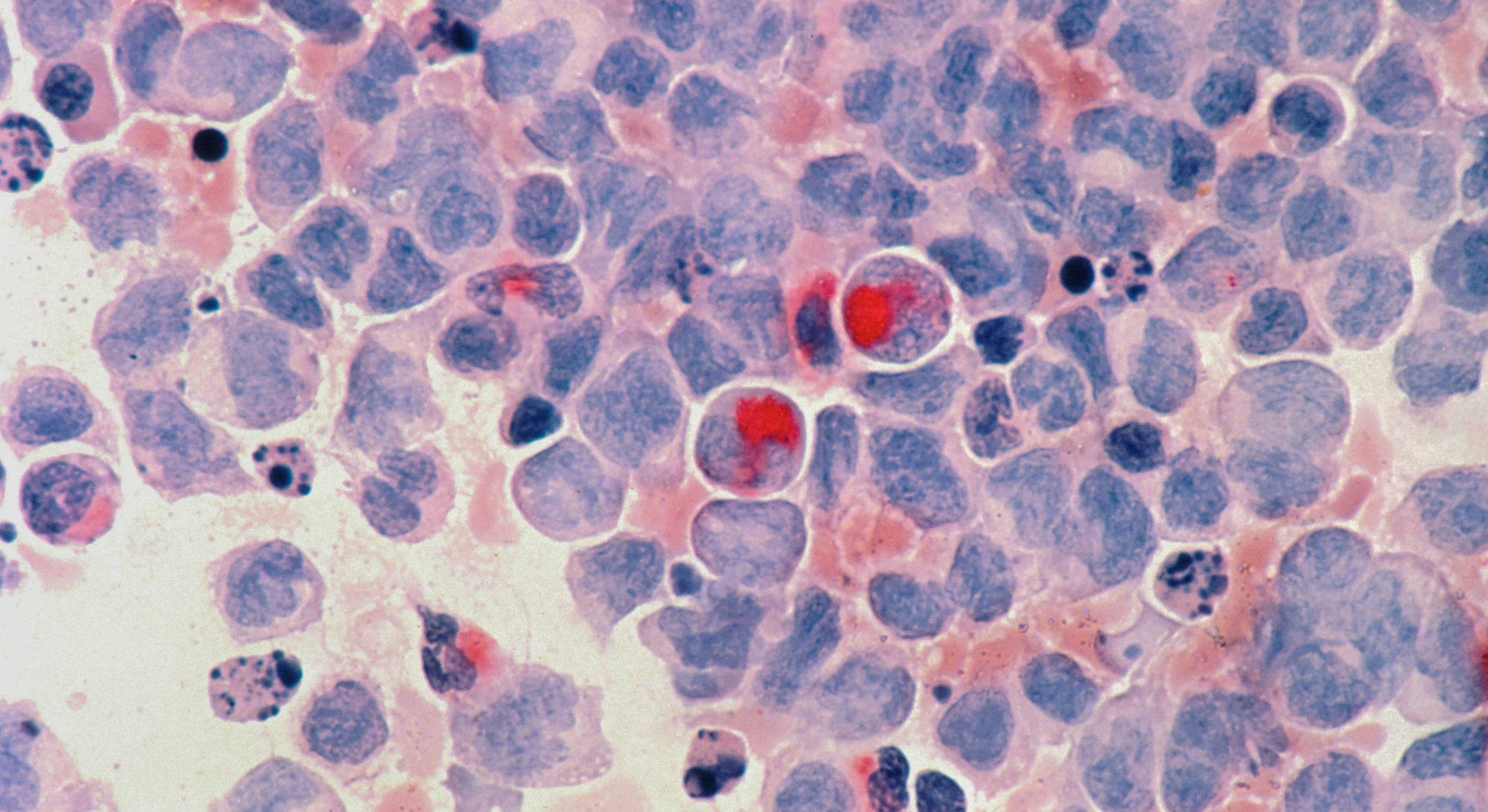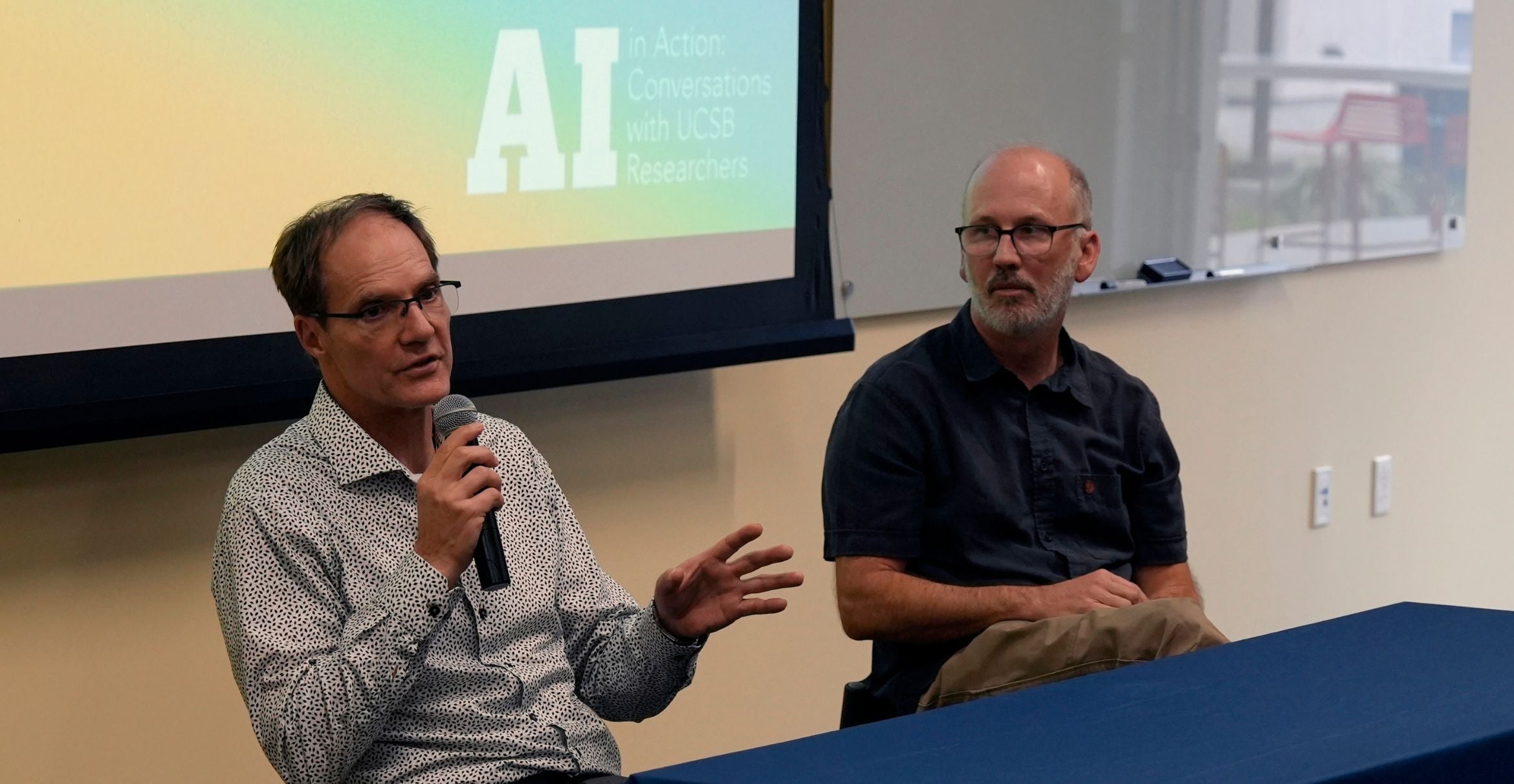
A National Research Network
With a five-year, $4.3 million award from the National Science Foundation, UC Santa Barbara will continue to host the headquarters of the Long Term Ecological Research (LTER) network, an operation that connects and supports the nation-wide LTER system.
“The LTER program is truly one of a kind,” said Executive Director Frank Davis. “Operating the network office here at UCSB is a special opportunity to work with and assist a great community of scientists.”
Davis, a professor at the campus’s Bren School of Environmental Science & Management, is the former director of the university’s National Center for Ecological Analysis and Synthesis, under which the LTER network office operates.
The LTER network spans 28 long-term research sites including every major biome in the country. The program will celebrate its 40th year in 2020, though observations at certain sites go back even further. UC Santa Barbara is also the lead institution for the Santa Barbara Coastal LTER and partners with CSU Northridge to lead the Moorea Coral Reef LTER.
At each LTER site, an interdisciplinary team of scientists develops a set of questions, measurements, experiments and models to describe the dynamics of that ecosystem. By comparing insights across space and time within the network, researchers can discover broad rules governing how ecosystems function under a wide range of conditions.
“Many processes that affect ecosystems — such as fires, droughts, hurricanes, fishing or changes in land use — have ramifications that extend over decades if not centuries,” said Bob Miller, a researcher at UC Santa Barbara’s Marine Science Institute and principal investigator of the Santa Barbara Coastal LTER. “The LTER network is unique in providing the long-term data and experiments to enable us to understand how and why ecosystems change.”
The role of the network office is to coordinate scientific, education and outreach activities and to facilitate interactions and partnerships between LTER and the broader ecological and Earth science communities. “We keep the information and ideas flowing among researchers from very different sites,” said Marty Downs, the office’s director.
Douglas Levey, the program officer at the National Science Foundation, echoed this sentiment. “We depend on the network office to coordinate and help synthesize work by hundreds of scientists across the country, all working on projects that span decades and tackle practically all the biggest questions in ecology.”
“The network office is central to long-term ecological research in the United States,” he added.



